Have you ever wondered how some packaging gets its golden shine?
Or what gives some custom boxes a classy and elegant look that others are missing?
Foil stamping might be the answer you’ve been looking for.
What is Foil Stamping?
Foil stamping, also known as hot foil stamping or foil printing, is a printing technique where foil is applied to another material to achieve a desired aesthetic finish. Similar to embossing or debossing, foil stamping applies both heat and pressure to create unique printed designs.
Foil stamping is a unique printing process where heat, pressure, foil and metal come together to create unique designs and optical effects.
The foil can be any color, but usually metallic foils, like gold and silver are used. Foil rolls, like paper, are available in matte and glossy finishes.
Foil Stamping: A Brief History
The foil stamping process has its roots in ancient Egypt, where gold was beaten with a hammer until it was extremely thin, and then applied to papyrus to add luster.
As you might imagine, this process was labor intensive and only reserved for the highest quality written records. Even throughout the beginnings of recorded history, things like gold leaf were typically reserved for royal or religious texts.
After the invention of the printing press, foil stamping used hand-set lettering or dies that were custom engraved. Because the process was so evolved, foil stamping was only used for book covers and literary works.
For example, if you wanted to print gold text on a book cover, you had to use separate fonts that used brass or lead type and then assemble the text by hand, one letter at a time, on a custom-engraved die. Once the text and the die were assembled, it was fed into the press which then printed the metallic foil sheets stamped into the book cover.
Modern foil printing came about in the early 1900s. In Berlin, a master bookbinder developed hot-stamping foils in the late 1800s. In England, atomized gold was used on thin sheets of polyester film. The popularity continued well into the 1950s and 1960s.
The Foil Stamping Process in Printing and Packaging
Commonly known as hot foil stamping, foil stamping is similar in technique to letterpress and engraving, where pressure is used to apply color to paper.
When the design is finalized, metal plates are created for each individual color foil in the shape that’s needed. Then, the dies are heated. Pressure is applied to seal the foil to the paper or packaging material and then the press is run multiple times to apply each color individually.
If you want a raised or embossed effect, another die may be used to create that look to finish up the project.
As you begin to explore the idea of using foil stamping in your printing, consider how your decisions about matte or gloss lamination, embossing and debossing and UV coating will influence the overall appearance of your packaging.
Common Types of Foil Used in Foil Stamping
There are several different types of foil that can be used to give different optical effects to the packaging, including:
Metallic Foil
When you think of foil stamping, this is likely the type of foil you’re thinking of. Metallic foil, also known as metalized foil, makes your text or area have a shiny, metal-style look. It’s great for adding a touch of luxury, especially through the use of gold or silver foil as a finish.
Pigment Foil
Pigment foil is similar to metalized foil, but does not have the metallic look. They are available in a wide range of colors and are available with matte or glossy finish, which can make them undoubtedly eye-catching or add a touch of luxury and softness
Holographic Foil
These types of holographic foils create a sort of rainbow effect in 3D. You’ve seen this type of foil at work in collectibles like baseball cards or other trading cards, or even on promotional materials.
Other types of foil – such as pearl foil, effects foil and scratch-off foil – are less commonly used, but have well-known use cases, such as wedding invitations or lottery tickets.
Traditional Foil Stamping
Now that you understand the different types of foil stamping, it’s time to move on to the actual methods involved.
Foil stamping can be done in two ways – traditional foil stamping or digital foil stamping.
With traditional foil stamping, the design is edged onto a metal plate. This metal plate is similar to a regular die, except its particular use is for foiling. It’s similar in function to a rubber stamp. The die is headed and a layer of the foil you want to use is placed between the die and the surface below it. The die is then pressed down onto the surface which causes the foil to bond to it in the shape of the design that was on the metal plate.
For designs that use several types of colors of foil, foiling dies need to be created for every color and the packaging material has to run through the machine several times (one for each color) so that the final design can be produced.
It’s also possible during this time to apply other effects to the foil stamping such as an embossed edge or a raised look so that the finished product stands out even more, not just visually, but with a tactile sense as well.
Digital Foil Stamping
Also called digital foiling, digital foil stamping follows a similar process as traditional foil stamping, but rather than using pressure to bond the design to the product packaging design with a metal die, a digital printer uses a specific type of foil that adheres to the surface of the design. This means that there’s no need for multiple passes of the material into the printer for packaging design that uses several foil colors or patterns.
One particular method is not necessarily better than the other since both can be used to create the type of effects that you want on your packaging. Should you have questions about the specific intricacies of different foil stamping processes, we’d be happy to elaborate and guide you on the one that’s right for your needs.
Benefits of Foil Stamping
Foil stamping offers a number of benefits for your retail packaging.
First, your product packaging will most assuredly stand out from the competition. Metallic foil or colored foil adds a touch of eye-catching brilliance and beauty to any package and gives it a luxurious style.
Combine that with other effects like raised or embossed designs and you can see how the packaging can take on a whole new level of sophistication.
In addition, foil stamping is versatile. It’s not just reserved for metallic lettering, although that is one of the most common options. In addition, hot foil stamping is durable and resistant to moisture and scratches. It can be used on different types of stock (think corrugated boxes or folding carton boxes) and still retain its luster.
Hot foil stamping is a great way to stand out and add a touch of elegance, with either bright and eye-catching gloss, or more subdued with matte style foil stamping.
Ready to Use Foil Stamping in Your Packaging?
If you love the allure and uniqueness of hot foil stamping and you’re interested in using this time-honored tradition to add refinement to your packaging, contact us today for a free, no obligation quote and consultation.
At Refine Packaging, our experts have years of experience and know-how in creating a wide variety of packaging products that leverage many different types of foil stamping and printing to ensure that your product packaging perfectly captures and conceptualizes your brand, your message and so much more.
Let us put our extensive experience to use in helping you magnify your product packaging with exquisite hot foil stamping and many other types of printing to captivate and compel your audience to buy. Rely on our expertise in helping thousands of brands large and small with all of their product packaging needs.
Not sure what type of design you need? Check our packaging glossary of terms and ask away. We have a variety of talented artists on-staff that can perfectly capture your vision and what you want your brand to convey to your target audience. Contact us today to learn more about working together and let us show you the power of premium packaging.
Ready to think outside the box? Let's get started!
Get in touch with a custom packaging specialist now for a free consultation and instant price quote.


.svg)
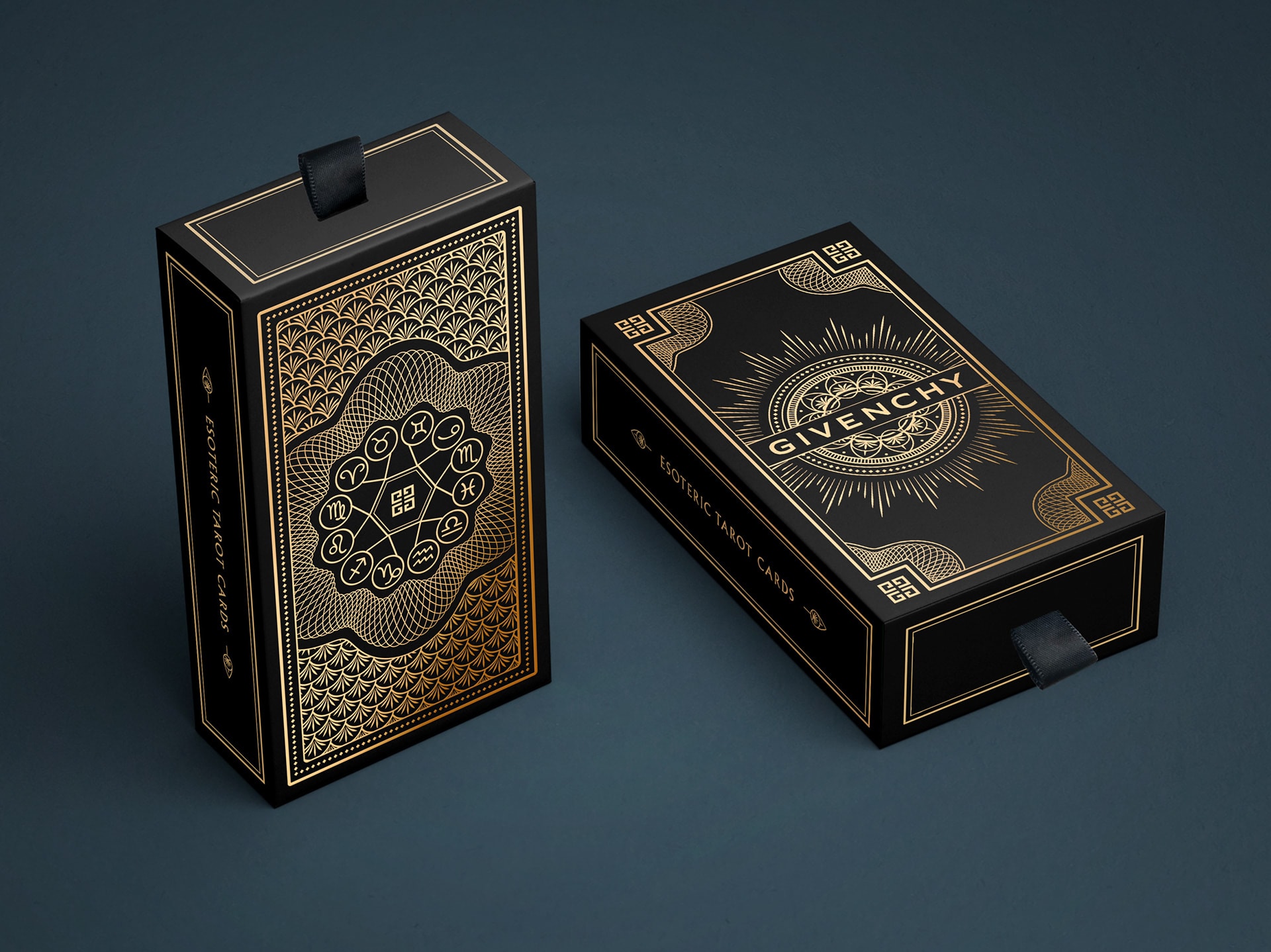


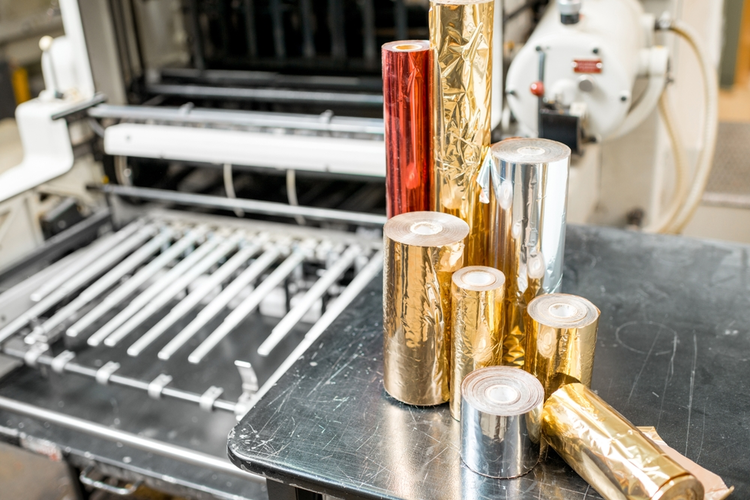
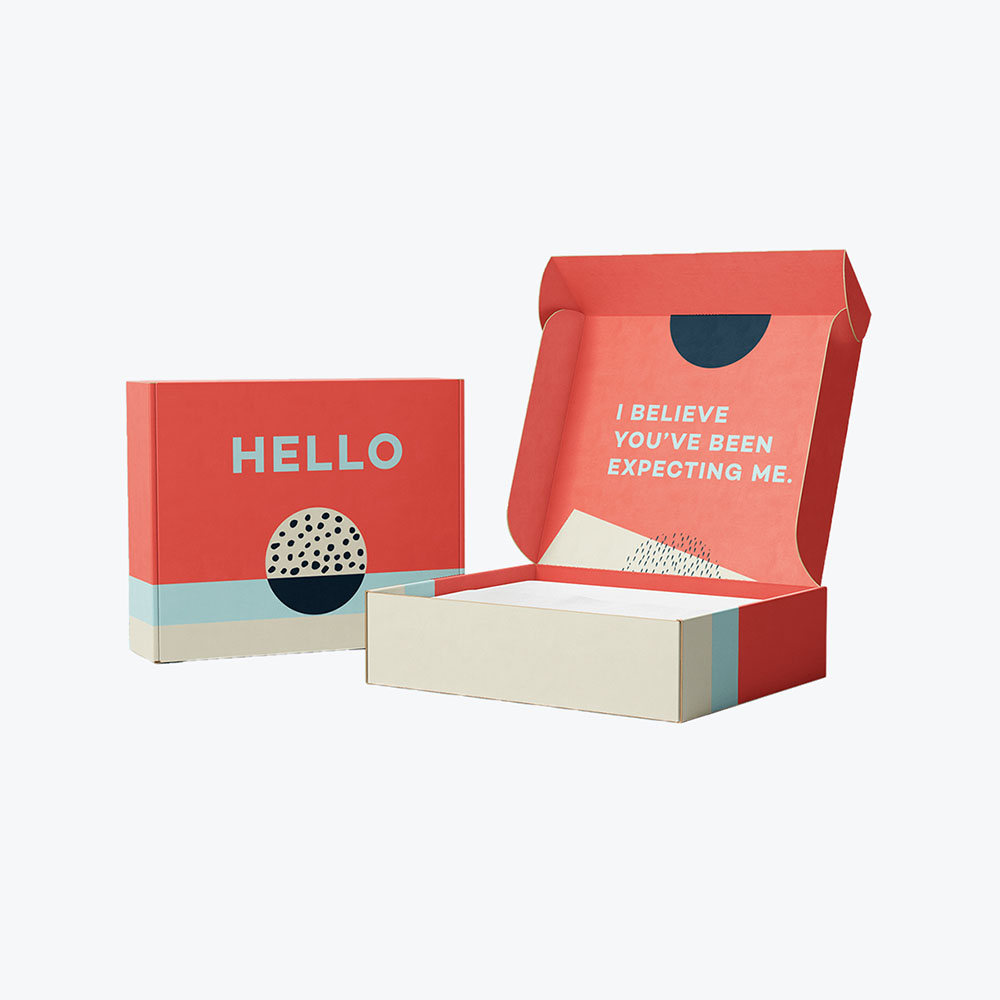
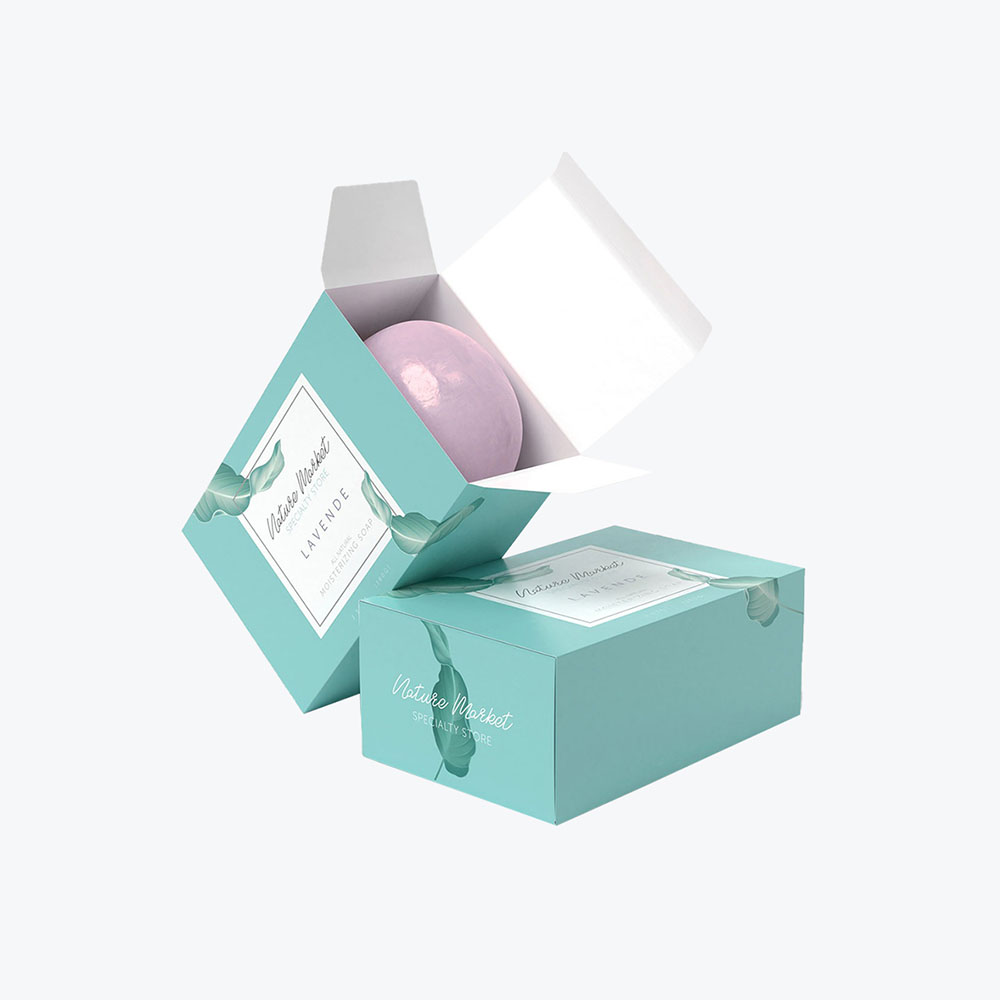
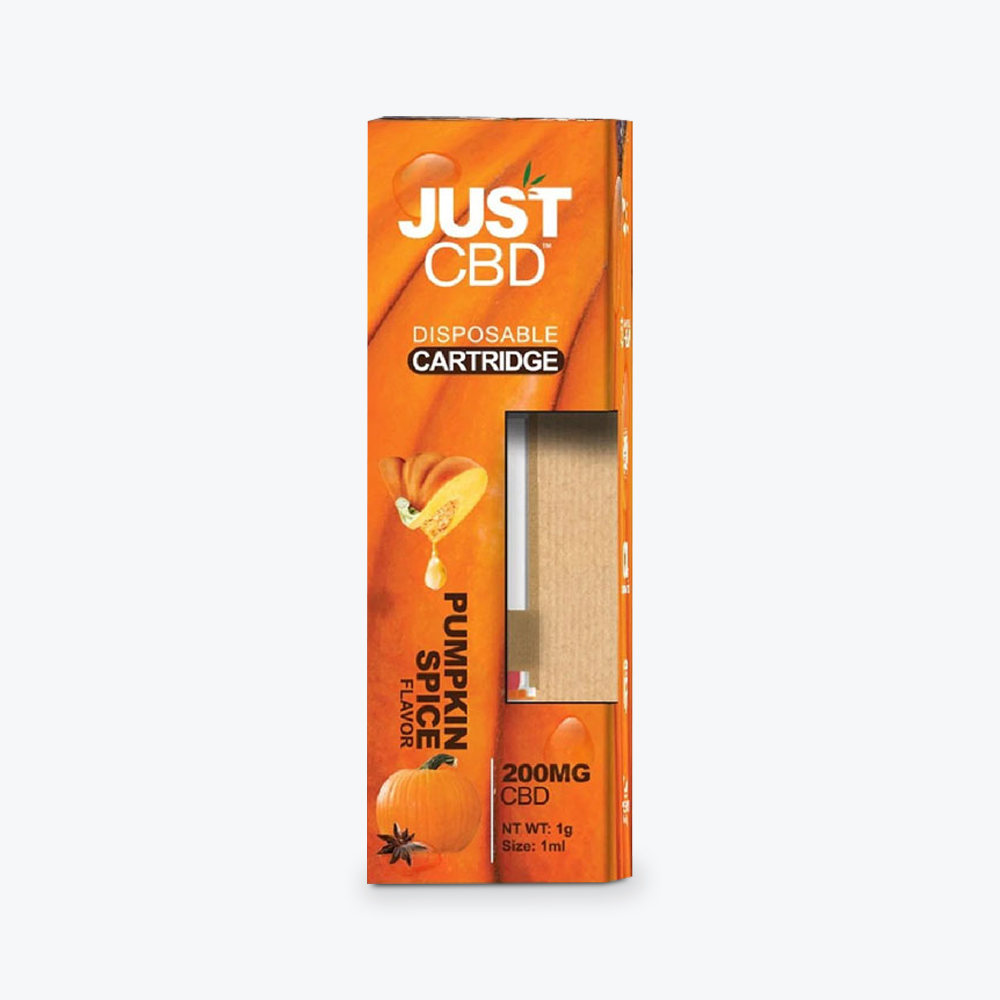
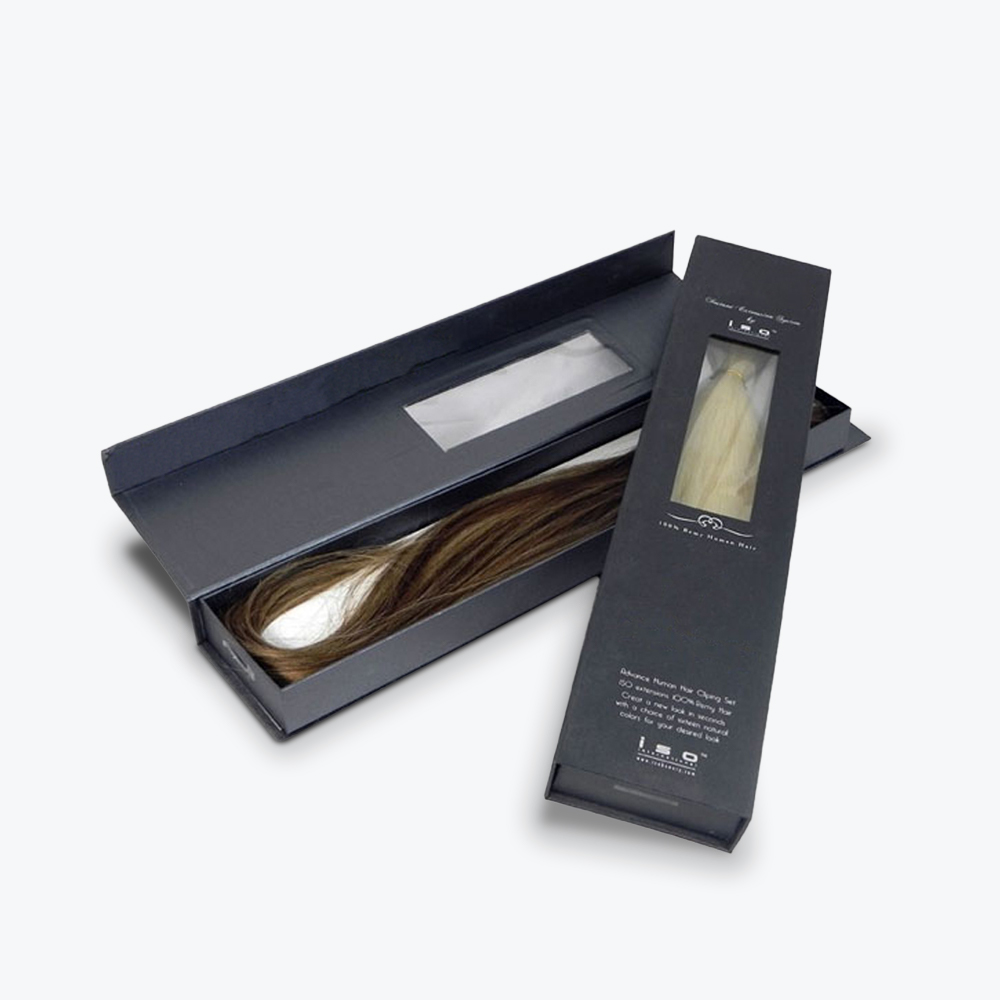
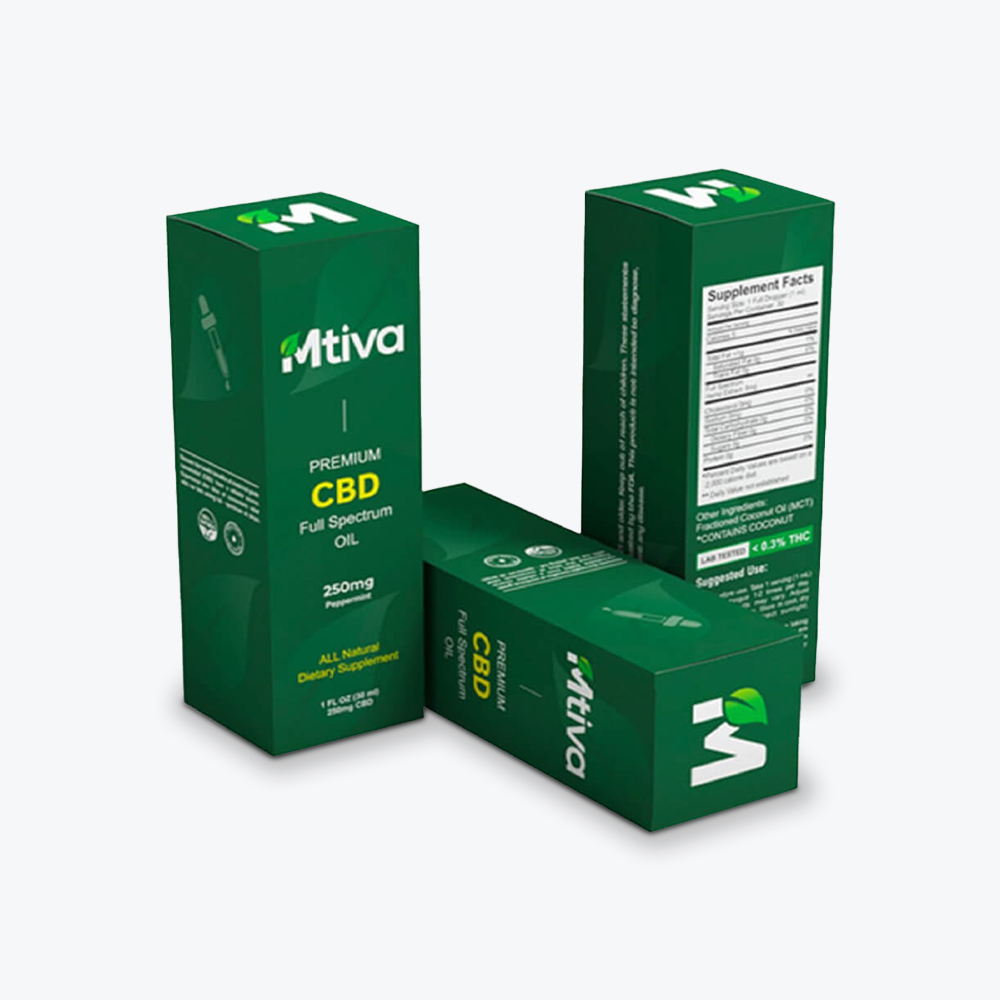
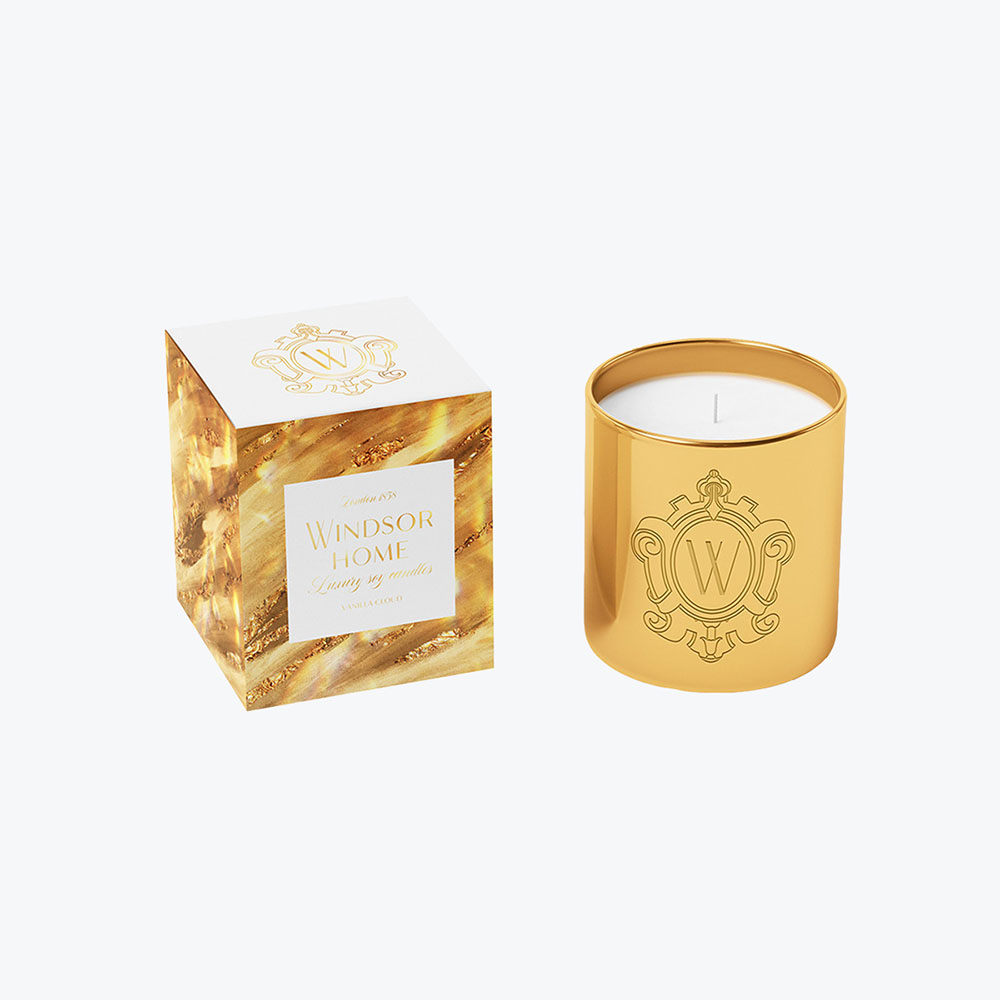

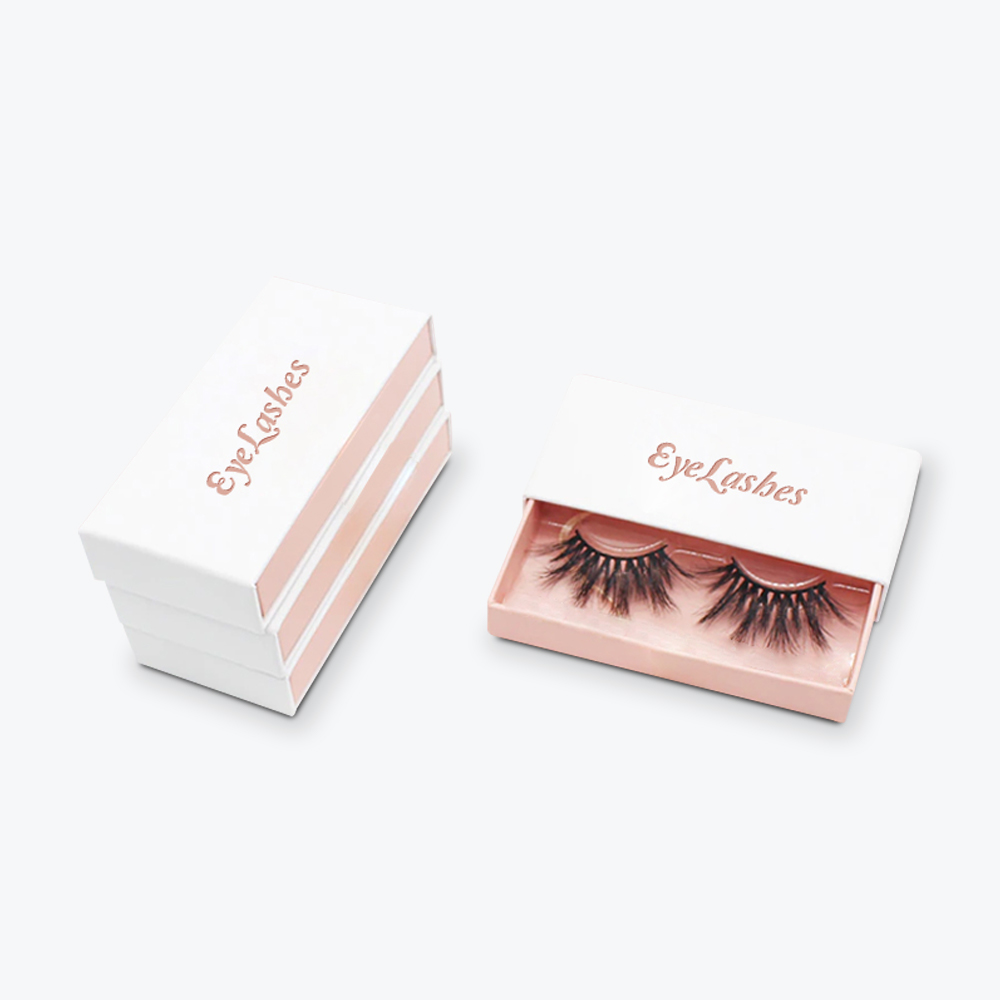

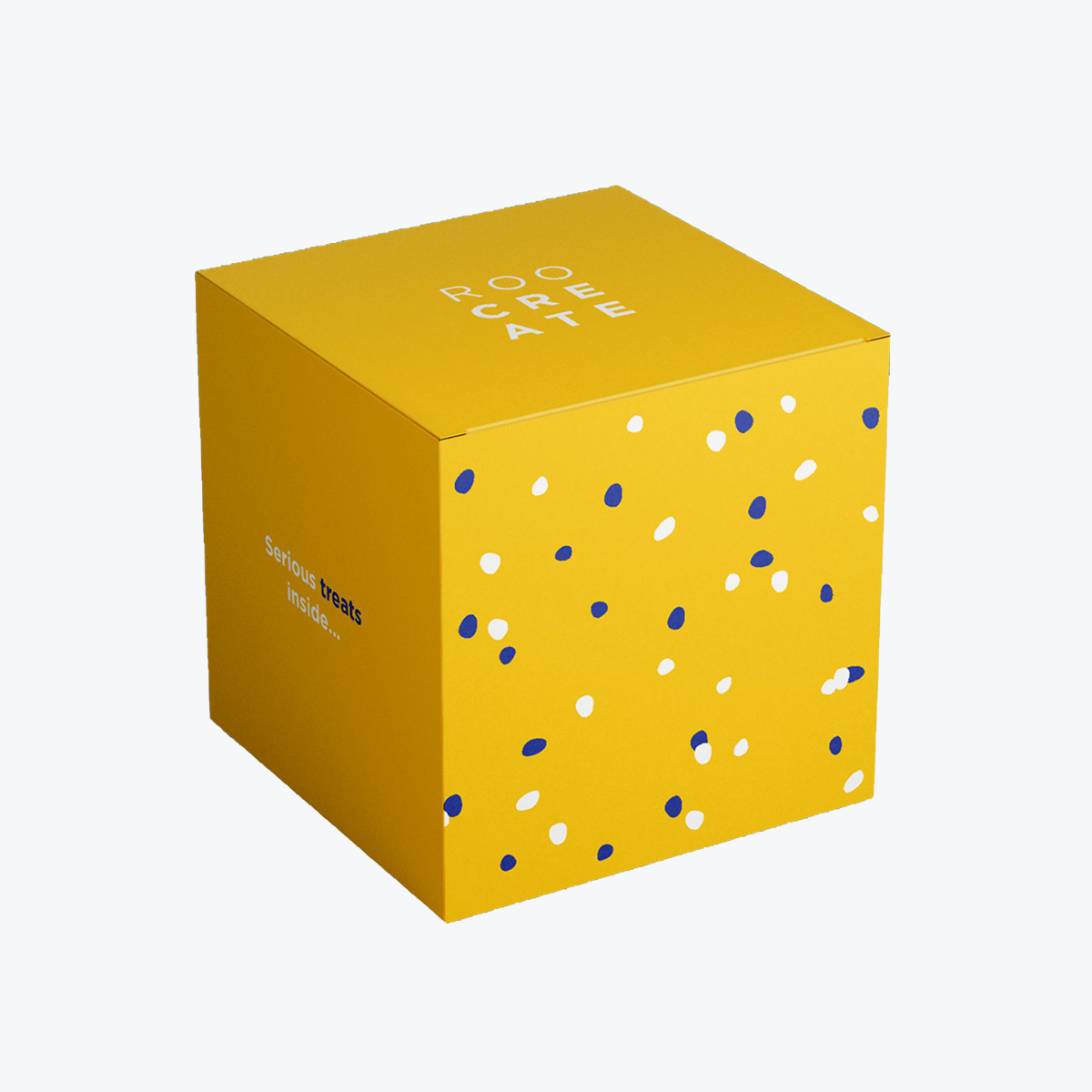
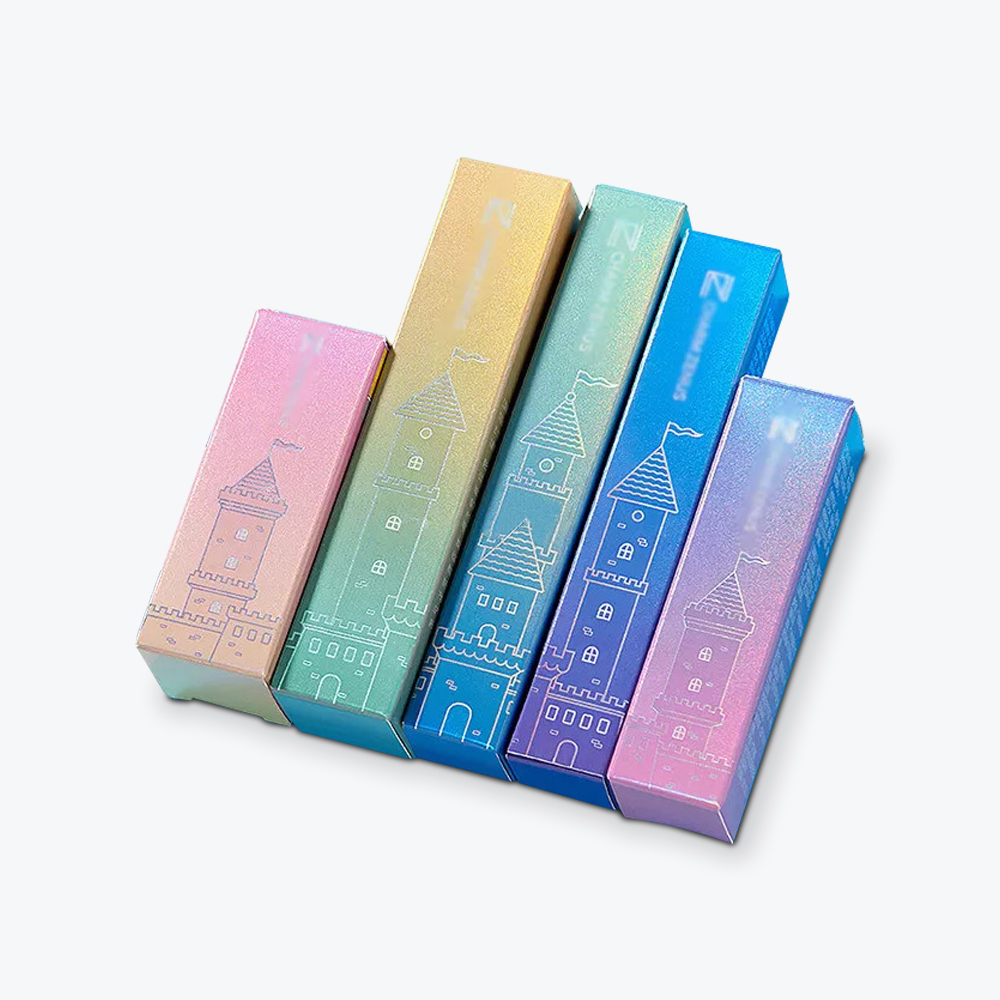
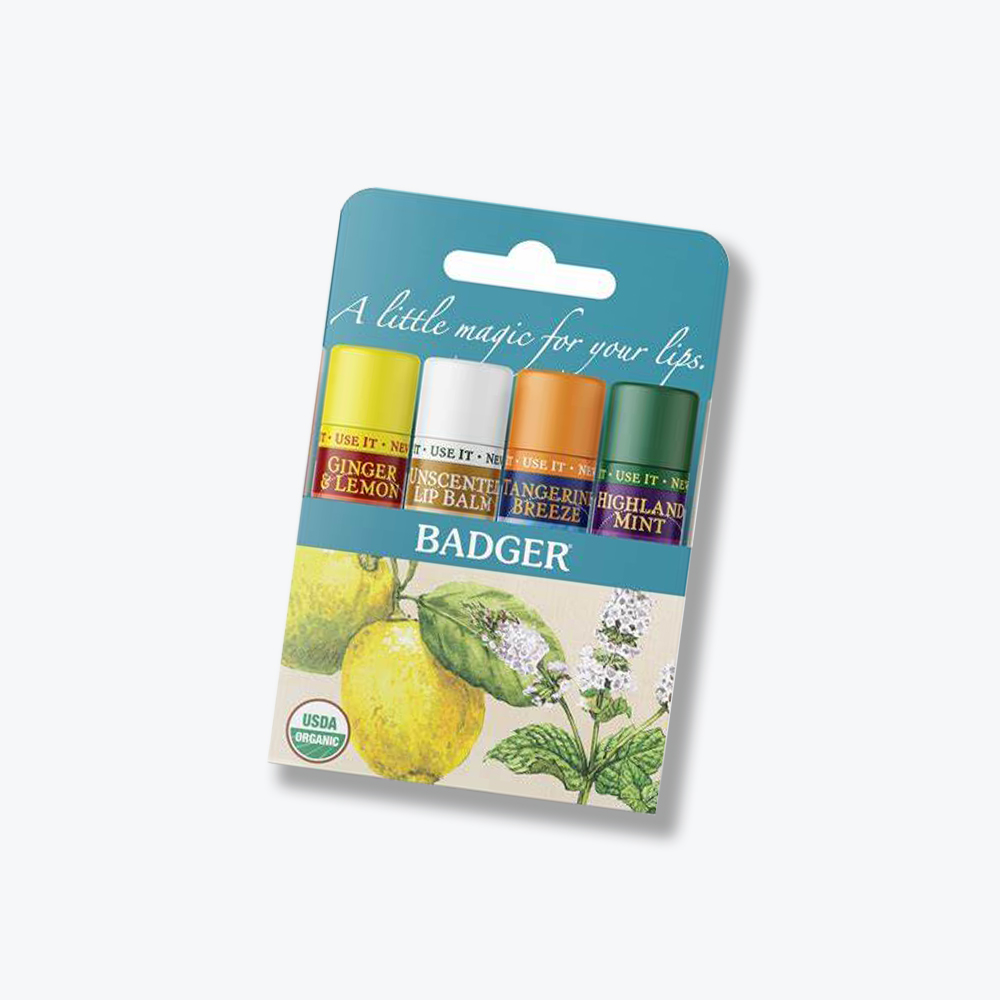
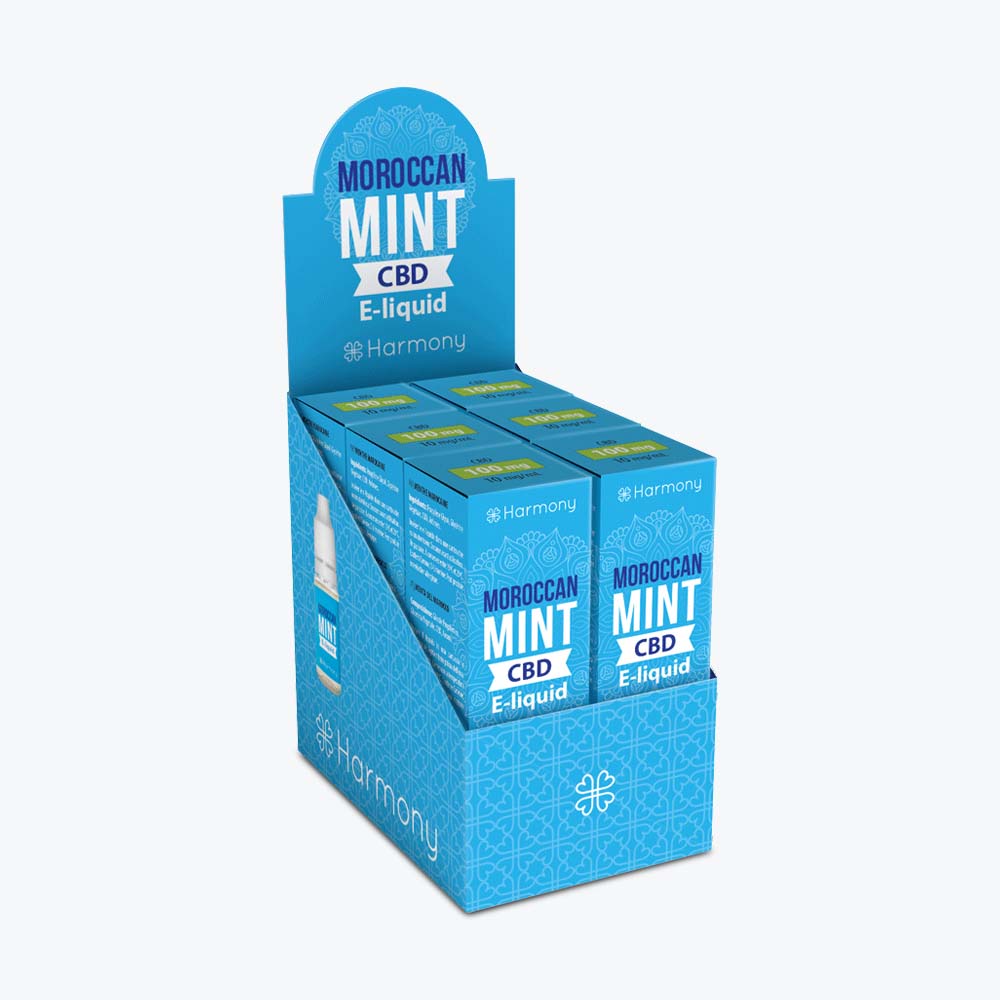
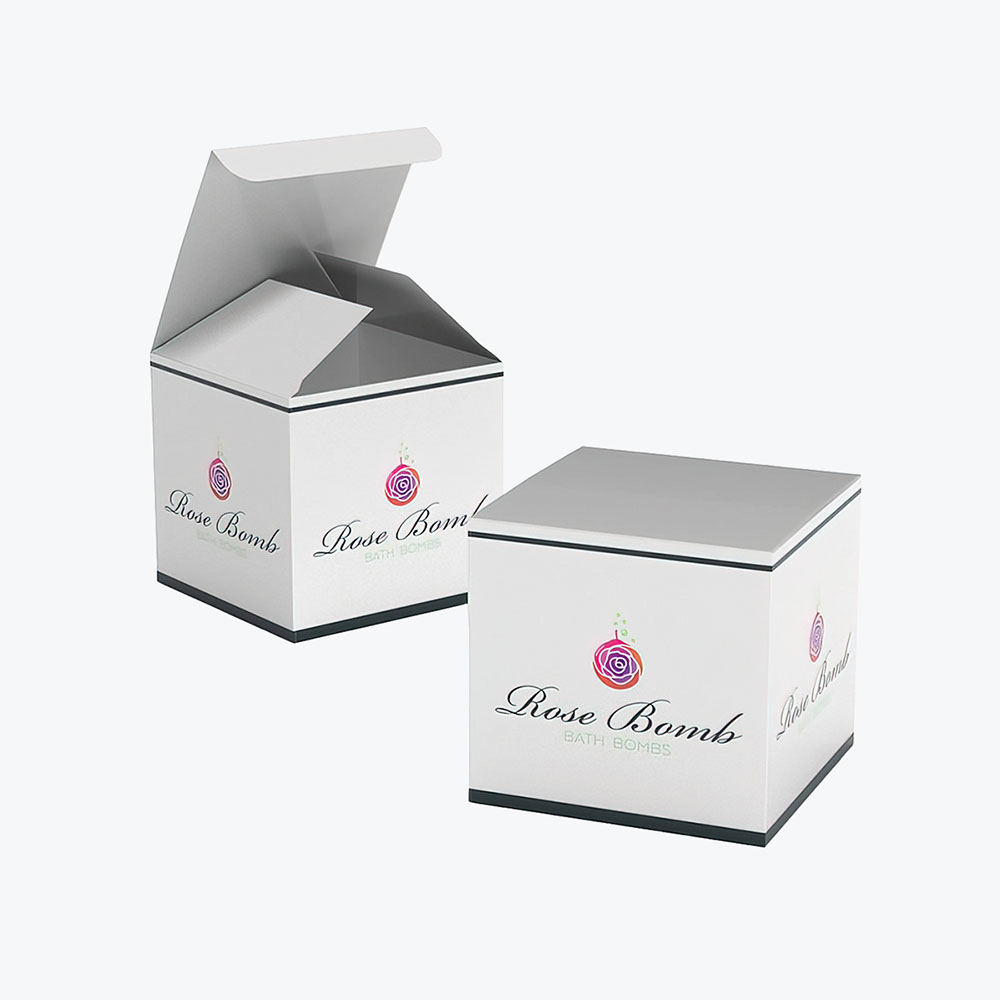
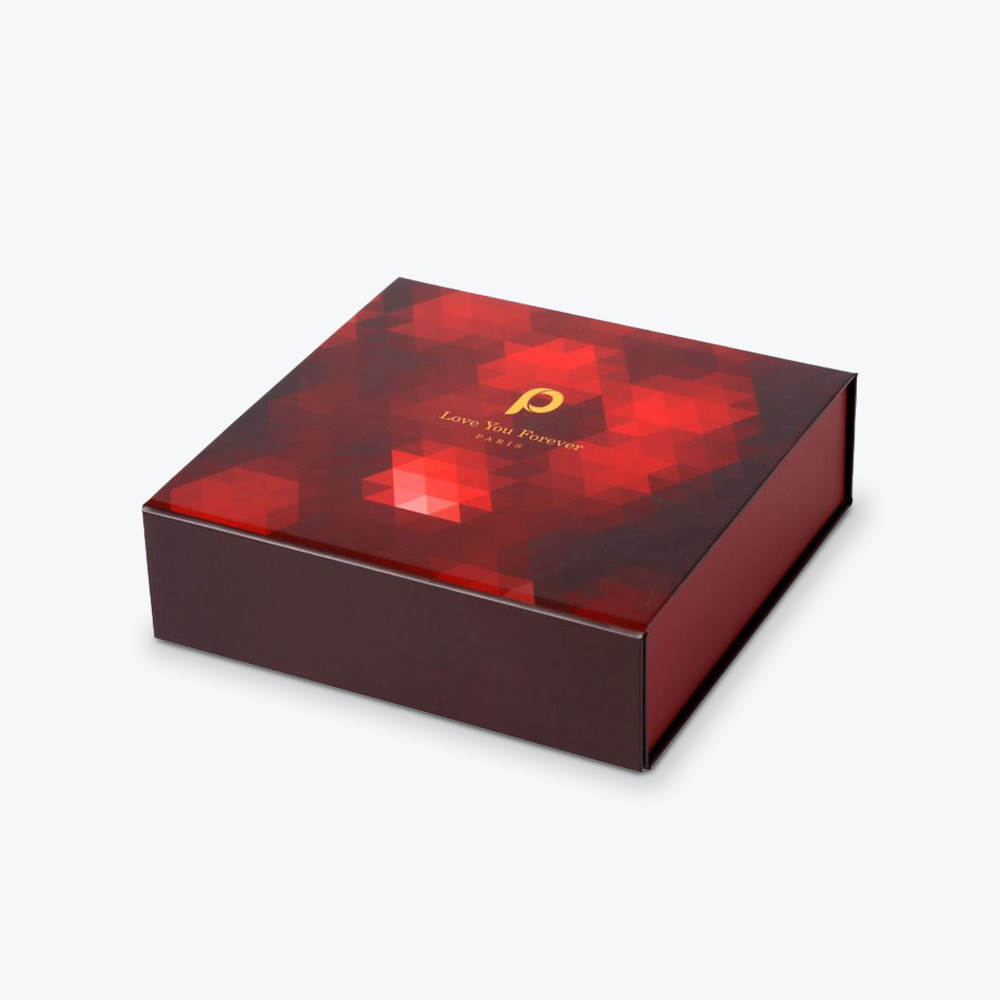
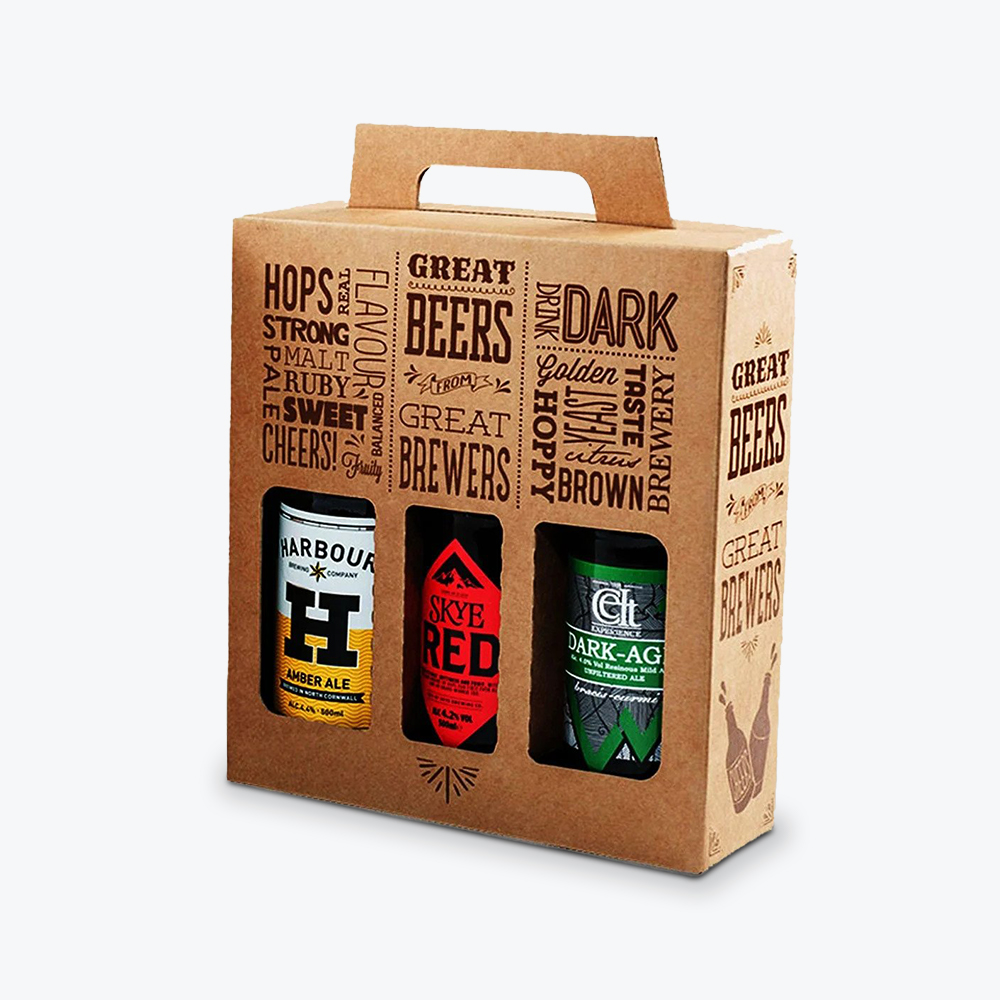
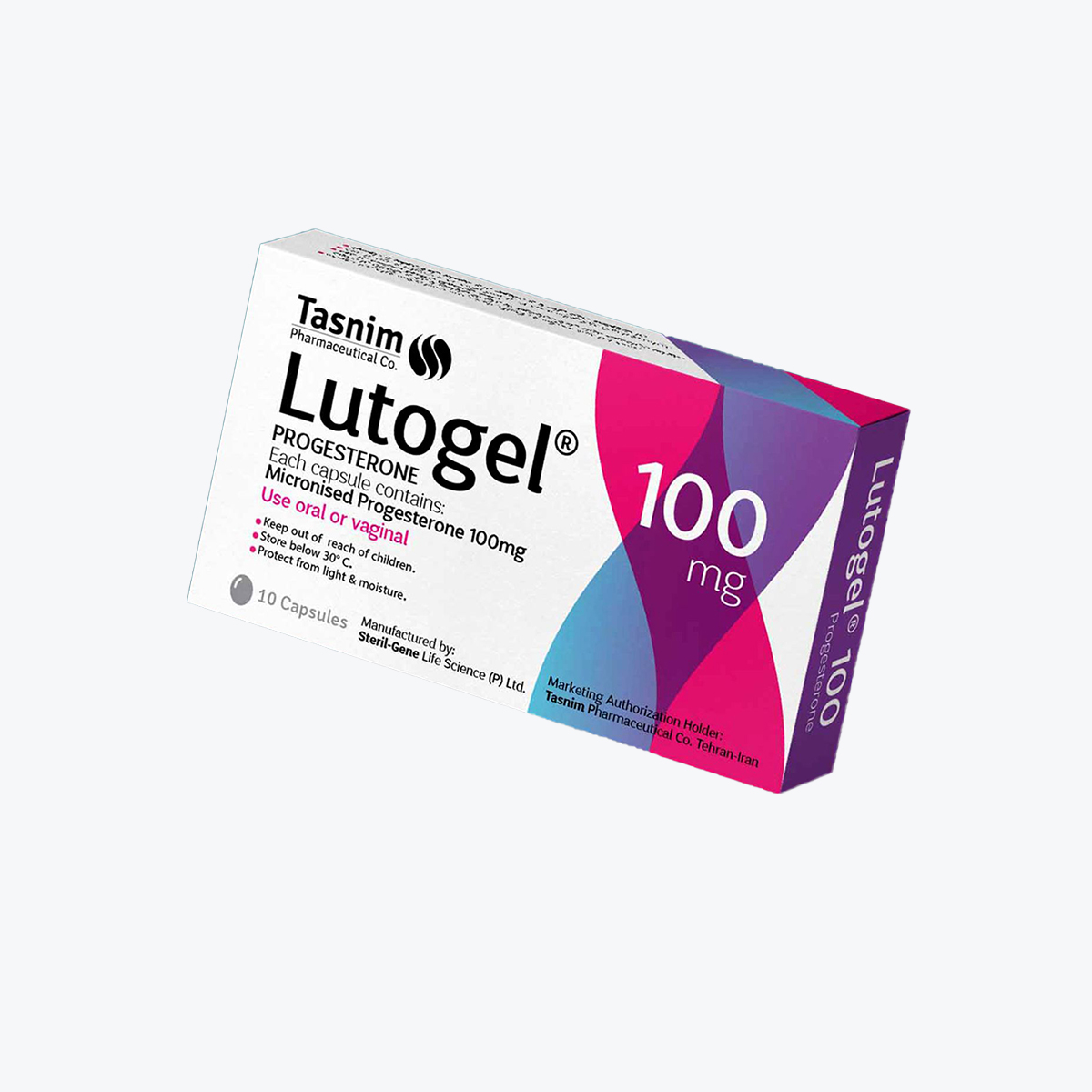
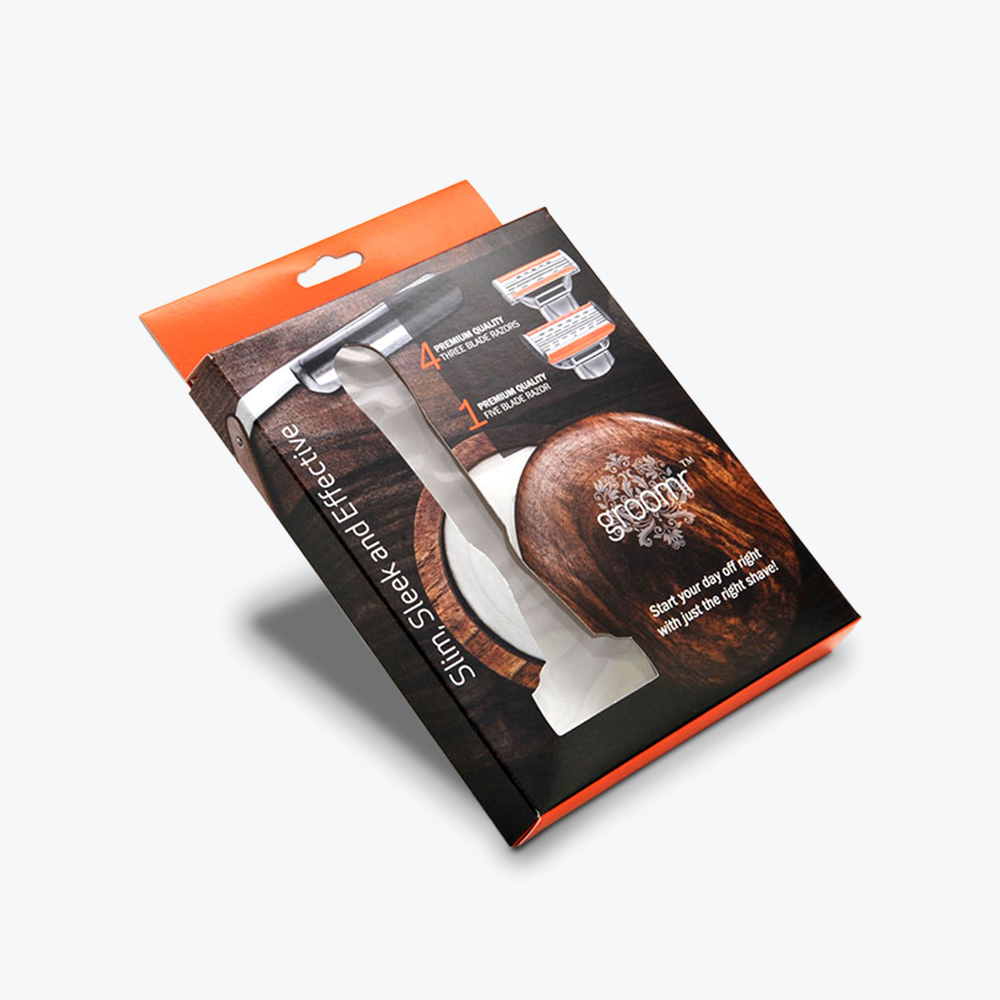
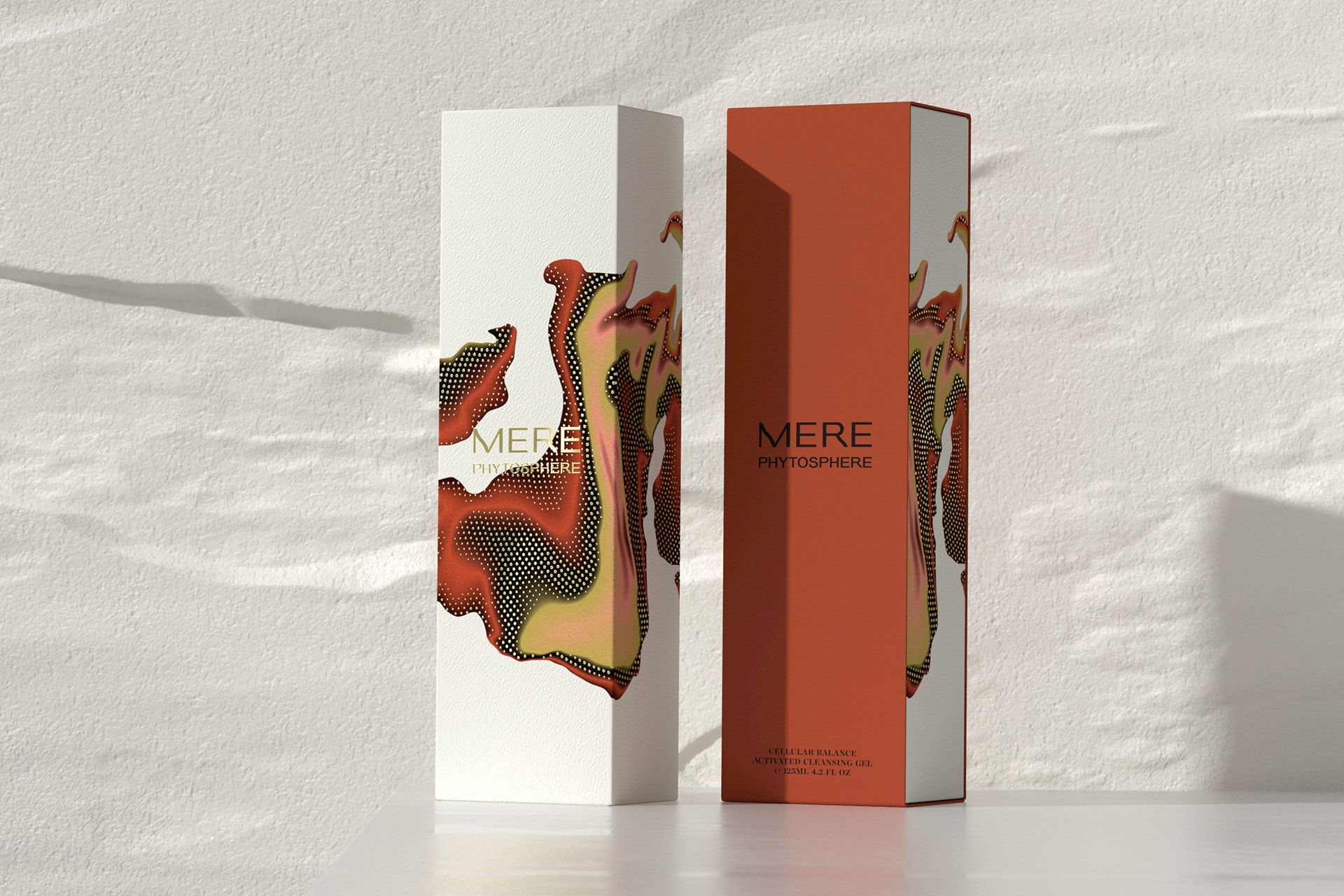
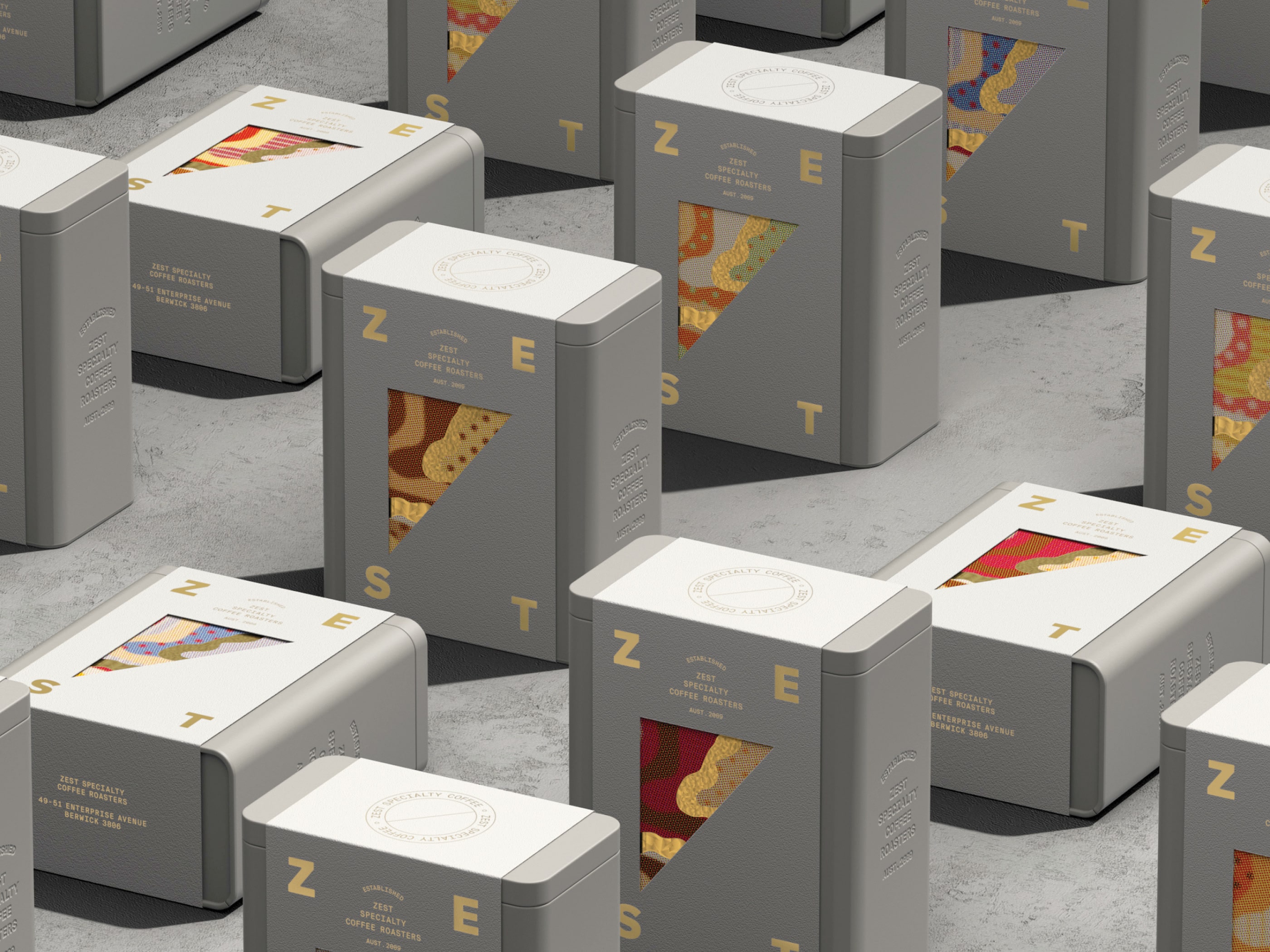
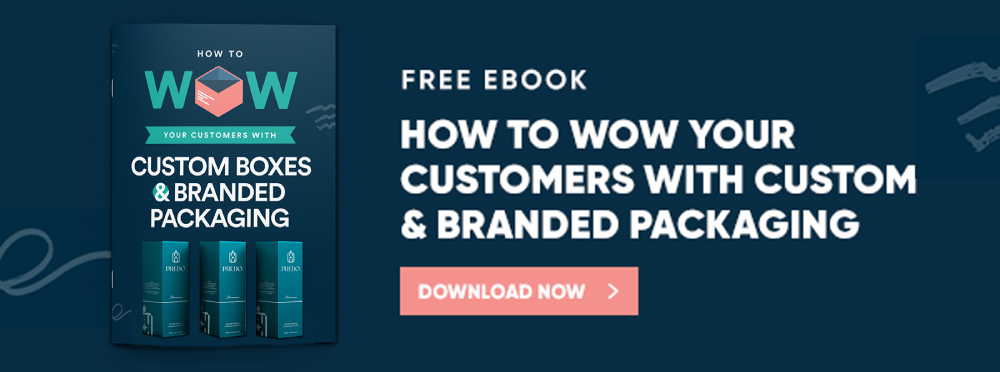




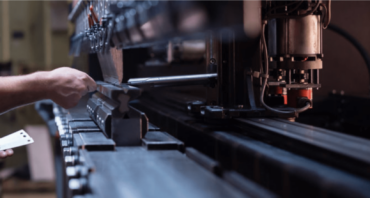
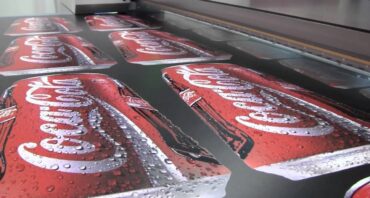
Share